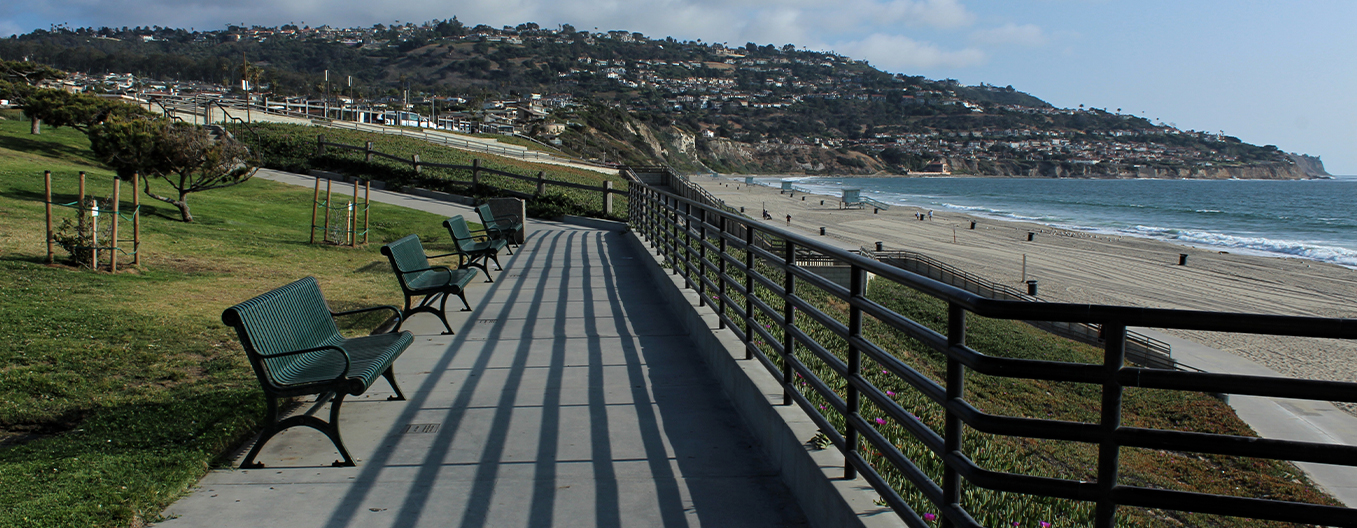Attorney Lucas Whitehill Writes Article Regarding the Trade Secret Objection in Product Liability Cases

In product liability cases, plaintiffs often face trade secret objections when seeking essential documents from defendants. These objections typically aim to protect sensitive information, such as design details, formulas, and testing data, which could be crucial for establishing a manufacturing or design defect.
Attorney Lucas Whitehill, a California personal injury lawyer at The Simon Law Group, recently addressed this topic in The Gavel. He shed light on how trade secrets are managed in these legal disputes.
The Criteria for Trade Secrets
Whitehill’s article, titled “Evaluating the Trade Secret Objection in Product Liability Cases,” offers an in-depth look at how California law, particularly the Uniform Trade Secrets Act, defines what constitutes a trade secret.
The definition of a trade secret, as contained in California Civil Code section 3426.1, includes three key elements: the nature of the information, its secrecy, and its independent economic value.
A critical point raised by Whitehill is that the responsibility of proving a trade secret lies with the party claiming protection. They must provide solid evidence to support their claim, rather than relying on vague assertions. This standard is important because it ensures that only truly protected information can be kept from discovery.
Loss of Trade Secret Protection
Whitehill also explores how trade secrets can lose their protected status over time, especially if the information becomes outdated or if the owner no longer benefits economically from it.
He cites cases where courts have ruled that information, once considered a trade secret, no longer qualifies due to its obsolescence or widespread disclosure. This emphasizes that the ongoing value of the information is key to maintaining its protection.
Protective Orders and Litigation Strategies
When a trade secret is upheld, Whitehill suggests that plaintiffs consider agreeing to a protective order early in the case. However, he warns against accepting terms that could unfairly disadvantage the plaintiff, such as allowing the defendant to define what qualifies as a trade secret or shifting the burden of proof to the plaintiff.
Disclosure of Relevant Trade Secrets
Whitehill also points out that even when trade secrets are valid, they may still need to be disclosed if they are relevant and necessary to the case. Courts may require the disclosure of such information under a protective order if it is essential to ensure a fair trial.
Navigating Trade Secret Law in California Product Liability Claims
Whitehill’s insights are particularly valuable for attorneys who must navigate the complex relationship between trade secret law and product liability claims. His article serves as a reminder that while trade secrets deserve protection, they are not an absolute barrier to discovery, especially when the pursuit of justice is at stake.
Whitehill’s thorough analysis is a crucial resource for legal professionals handling trade secret objections in product liability cases.
Contact the California Personal Injury Lawyers at The Simon Law Group Today
For more information, please contact an experienced personal injury lawyer at The Simon Law Group to schedule a free initial consultation today. We have three convenient locations in California, including Torrance, Hermosa Beach, and Santa Ana, CA. We also have offices in Phoenix, AZ, and Austin, TX.
We proudly serve Los Angeles County and Orange County, CA, and its surrounding areas:
The Simon Law Group – Torrance, CA Office
2916 W 164th St Second Floor,
Torrance, CA 90504
(424) 622-0812
The Simon Law Group – Hermosa Beach, CA Office
34 Hermosa Ave,
Hermosa Beach, CA 90254
(424) 722-3209
The Simon Law Group – Santa Ana, CA Office
1327 N Broadway,
Santa Ana, CA 92706
(714) 581-8546



